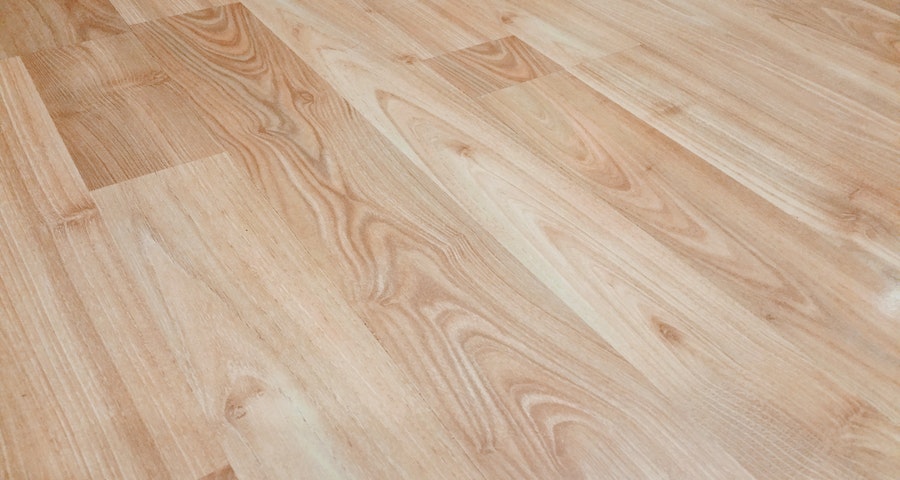
Hardwood flooring has been a staple in interior design for decades. From classic oak to trendy bamboo, hardwood flooring can add warmth and beauty to any space. However, installation, maintenance, and repair can be quite challenging if you don’t have the proper knowledge and tools. That’s why we’ve compiled a list of the top five professional hardwood flooring tips and tricks to help you get the most stunning and durable floors possible.
Contents
Start with a clean subfloor
The success of your hardwood flooring project depends largely on the preparation of the subfloor. Make sure that the subfloor is level, dry, and free of any debris or adhesive residue. You may need to sand down high spots and fill in low areas before installing the hardwood planks. A smooth and clean subfloor will ensure that your floors remain stable and don’t shift or squeak.
Use the right underlayment
An underlayment provides a cushion and a moisture barrier between the subfloor and the hardwood planks. An underlayment can also help reduce noise, especially in multi-level buildings or rooms where acoustics matter. There are various types of underlayment, such as foam, cork, or felt, so make sure to choose the one that suits your needs and meets the manufacturer’s recommendations.
Acclimate the hardwood planks
Before installing the hardwood planks, it’s essential to acclimate them to the environment where they will be installed. This means leaving the planks in the room for at least 48 hours before installation to allow them to adjust to the temperature and humidity levels. Acclimation can help prevent cupping, buckling, or warping of the planks after installation.
Optimize the grain pattern
The grain pattern of the hardwood planks can significantly affect the appearance of the floor. To optimize the grain pattern, sort the planks according to their color, texture, and grain direction. Mix the planks from different boxes to achieve a more varied and natural look. Also, consider the direction of the light and the traffic flow of the room when laying down the planks.
Maintain and repair regularly
Hardwood flooring is durable and long-lasting, but it still requires regular cleaning, maintenance, and occasional repairs. Sweep or vacuum the floor daily to remove dirt and grit that can scratch the surface. Use a damp mop, and avoid excess water that can cause damage. If you notice any scratches, dents, or stains, use touch-up kits or consult a professional to repair the damage before it spreads.
Conclusion:
These top five professional hardwood flooring tips and tricks can help you achieve the floors of your dreams while avoiding common mistakes and problems. By starting with a clean and level subfloor, using the right underlayment, acclimating the hardwood planks, optimizing the grain pattern, and maintaining and repairing regularly, you can enjoy the warmth, beauty, and longevity of hardwood flooring for many years to come. Whether you’re a DIY enthusiast or hiring a professional installer, these tips will guide you toward success and satisfaction.
